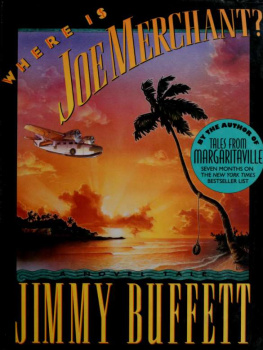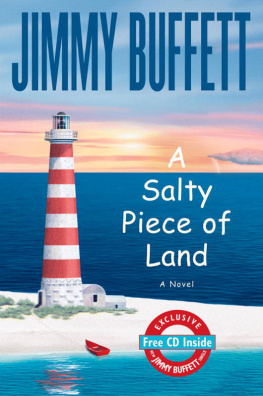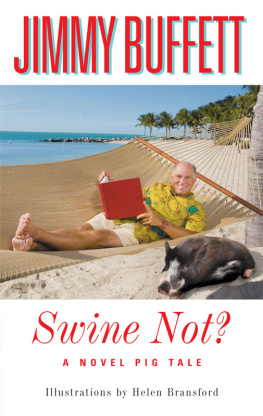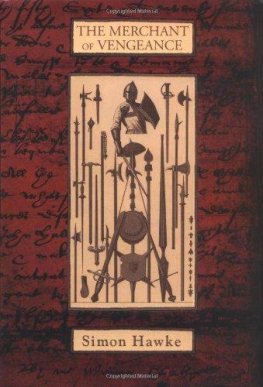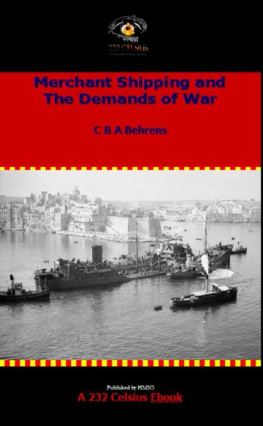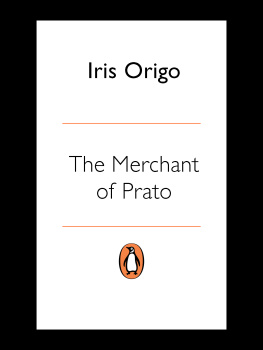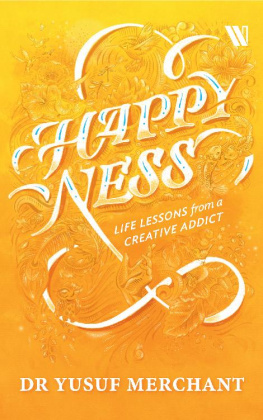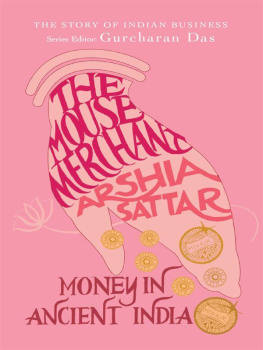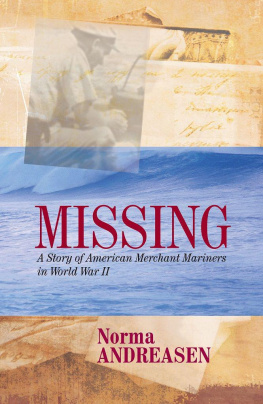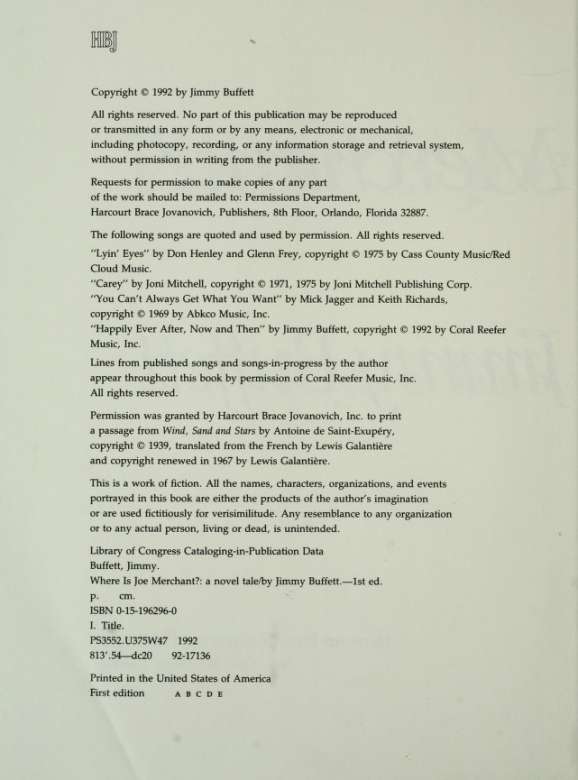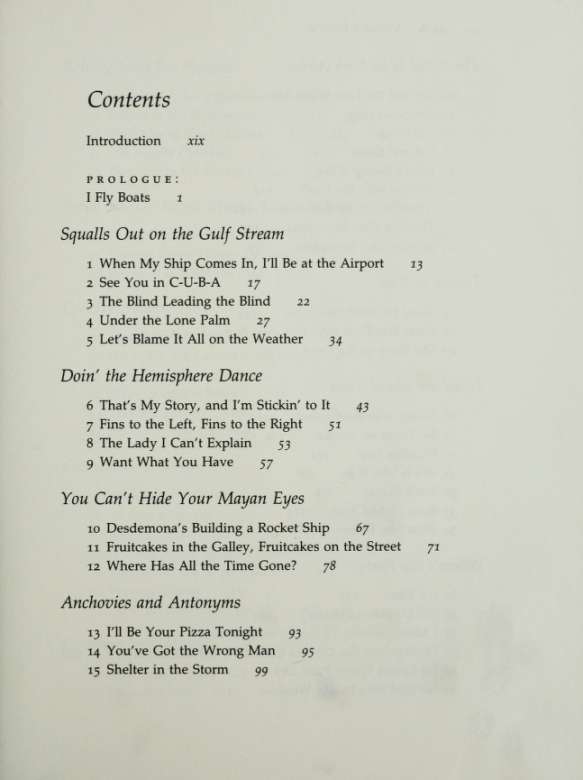Where Is Joe Merchant?
A Novel Tale by
Jimmy Buffett
Harcourt Brace Jovanovich, Publishers
New York, San Diego, London
This book is dedicated to the Buffett girls: Jane, Savannah Jane, and Sarah Delaney, for their patience and love.
Special Thanks
I want to thank the following people for their help and time in assembling the flying information in this book: Dean and Jean Franklin, Bob Hanley, and Mac MacKenzie; the late Maurice Willis and George Feraldo, who taught me to be an older, wiser pilot; Bruce Barth, for his help with the history of the P5M Martins in Vietnam; Orin Sebert, and the staff of Peninsula Airways in Alaska; Kristin Burman; Doug Getting, for showing me life in Talketna and on the side of Danali; Ted Spencer, the director of the Alaska Air Museum; Arthur Cambell and Jim Cothran; Jim Powell; Dr. Paul Tobias; Pat Og-den; J. D. Buffett; Admiral Red Best, U.S.N, (retired); Dan "Stinger" Carrol; the pilots of Squadron VF-45 "The Blackbirds" at the Naval Air Station in Key West; the staff of the Naval Aviation Museum, Pensacola, Florida; Pan American Airways; and the Grumman Museum in Bethpage, Long Island.
I would also like to thank Susan Hoban and Loris Magnani for their assistance in Puerto Rico; Coleman Sisson; Beth Slagsvol; Howard Kaufman; Gardner Makay: the real-life inventor of "codgerisms"; Priscilla Higham; Sunshine Smith for her ever-present help and inspiration; Bonnie Ingber Verburg, the good witch, for helping me to weave the spell; and Phillip Burton for teaching me a few old tricks of the masters.
PROLOGUE
I slept with my dad's watch under my pillow that night and haven't been without it since. Billy went home to Miami, but he sent me postcards and pictures of the fish he caught, and he called my mom and me every few weeks to see how we were doing. Then, when I was almost seven, Billy told me that my dad had made him promise to take me fishing when I got old enough. Mom said I could go visit in the summer when school let out. By the first of May I was all packed, though school didn't let out until June. Then Mom put me on the train to Miami.
I spent a month with Billy. It was a routine that would continue every year. We fished Raccoon Creek, took canoe trips into the Everglades, and drove down to the Keys in his Packard convertible. I hung around the Chalk's Terminal that summer like a territorial sea gull and helped the line boys wash the salt from the planes. That was where I fell in love with the Grumman Goose.
At the end of each day, after the planes were all washed down and checked, I'd run my hand back and forth over their wings, hoping their magic would rub off on me. I took every opportunity to sit in the cockpits of the planes on the ramp, pretending I was the pilot.
When Billy did run-ups or mechanical checks, he took me along. I sat in the copilot's seat, and he let me fly the plane. Once every visit, we went to Bimini and stayed at the Compleat Angler Hotel, fished for giant tuna or bonefish, and ate lobster-salad sandwiches on Bimini bread.
My mother tried to discourage me from flying, but I took to tradition naturally and clung to it like a life buoy. Twenty years after my father died, I was a navy flier, call sign Brillo. I did my basic training in Pensacola and qualified to fly fighters, b*t I chose seaplanes instead. I returned to the beaches of my boyhood days to the RAG for training with VP-31 at North Island, and then I went off to war.
I was flying with VP-40 as part of Operation Market Time, patrolling the coast of Vietnam in a P5A Martin, looking for supplies coming
4 SZjZk WHERE IS JOE MERCHANT?
down from the north. We were based out of Sangley Naval Air Station in the Philippines, but we went on station on Cam Ranh Bay every two weeks. I started as a copilot but switched to left seat three months after I got there.
We flew eight-hour patrols and were on call for search and rescue. One day we picked up a downed flier out of the South China Sea and made a daring landing to get him back on board his ship. He was from Key West and knew Billy Cruiser. His name was Blanton Mey-ercord, call sign Ray Ban. He eventually became my best friend.
After the war I wasn't ready to go home. I went to Australia to forget about Vietnam. Australia is a country devoted to beach life, and I wanted to check it out. I got a job flying the shuttle from Sydney Harbor up to Palm Beach in old DeHavilland Beavers, and then I flew ambulance trips to the bush.
In Alice Springs I met an old Kiwi pilot who had been flying back to New Zealand when his Grumman Goose broke down. I helped him fix it, and he told me to look him up if I ever got to Auckland. He ran a little seaplane business for fishermen there. Six months later, I was flying my first Goose, carrying fishermen to the virgin streams of the south island, where the sounds of war hadn't been heard since the days of the Maori.
A year later, my mother died suddenly, and I came back to America. I was going through a box of her things when I found a card she had given me one year for my birthday. It was a painting of the sun peeking out from behind the clouds. The inscription read:
Dear Frank,
Clouds are like erasers. In time they will clear away the pain of not knowing your daddy, but they will always remind you of him. He used to tell me that clouds are the dreams and memories of pilotsthat they leave them behind when they come back to earth, but every time they go back into the sky, they can relive them. I
know your father is up there watching you like a guardian angel. It is a sad thing for a boy not to have a father. I can't change that. I can only try to be a good mother. I hope that one day you are lucky enough to find someone to love as much as I love you. Happy birthday, son.
Love, Mom
My composure broke like a fever. Fortunately, Billy Cruiser arrived the next day for the funeral, and to my surprise Blanton Mey-ercord showed up with him. I stayed on in Pensacola for a few days, clearing out my mother's apartment and taking care of her things. Billy and Blanton were good at finding ways to keep me company and make me laugh. We all went to the Naval Air Museum and spent a day looking at the birds we had flown when we were hotshots, and then we drove to Alabama Jack's to toast my mom and dad and tell drunken war stories from two generations.
Billy Cruiser had left Chalk's, and he'd bought an airport called Lone Palm just north of Key West. The heart trouble that had kept him out of Korea had also slowed him down to a more comfortable pace. He was doing repairs, giving a few lessons, and fishing. It sounded like the life. Blanton was now a top flats guide in Key West. He had quit flying. He said the quiet of the flats was every bit as good as the roar of the jets.
"So when are you moving to the Keys, Brillo?" Billy wanted to know.
"Soon as I finish exploring," I said. "I still have a few continents to go."
Billy Cruiser had a friend in Miami who was in the ferrying business, and for the next five years I drove everything from 707s to Cessna 172s across the Atlantic. If I wasn't going over the big pond, I was headed to South America, and I'm sure I crossed a few old outposts

